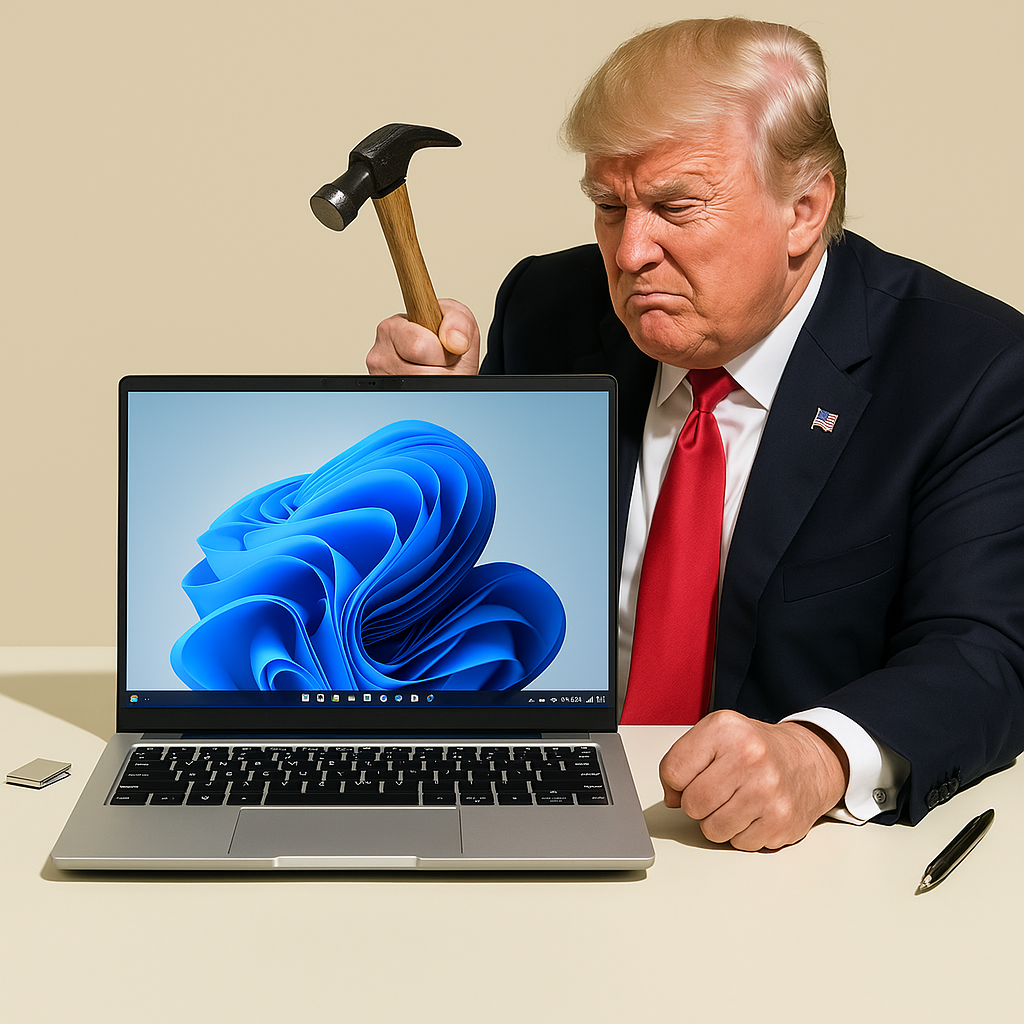Trade War Fallout: How Trump's Tariffs Crushed a Rising Tech Darling

Framework, the innovative modular laptop manufacturer, has recently made a surprising move by removing select laptop models from its US online store. The decision comes amid complex geopolitical tensions and trade restrictions that are reshaping the technology marketplace.
The root cause of this unexpected inventory adjustment stems from recent trade tariffs implemented during the Trump administration, which have created significant challenges for tech companies operating in the global marketplace. These trade policies have forced manufacturers like Framework to make strategic decisions about their product availability and pricing.
By pulling these laptops from the US market, Framework is navigating a complex landscape of international trade regulations and economic constraints. The move highlights the ongoing impact of trade policies on consumer technology and the intricate ways tech companies must adapt to changing global economic conditions.
While the specifics of which exact models have been removed remain unclear, the action underscores the broader implications of international trade tensions on consumer electronics and the technology industry as a whole.
